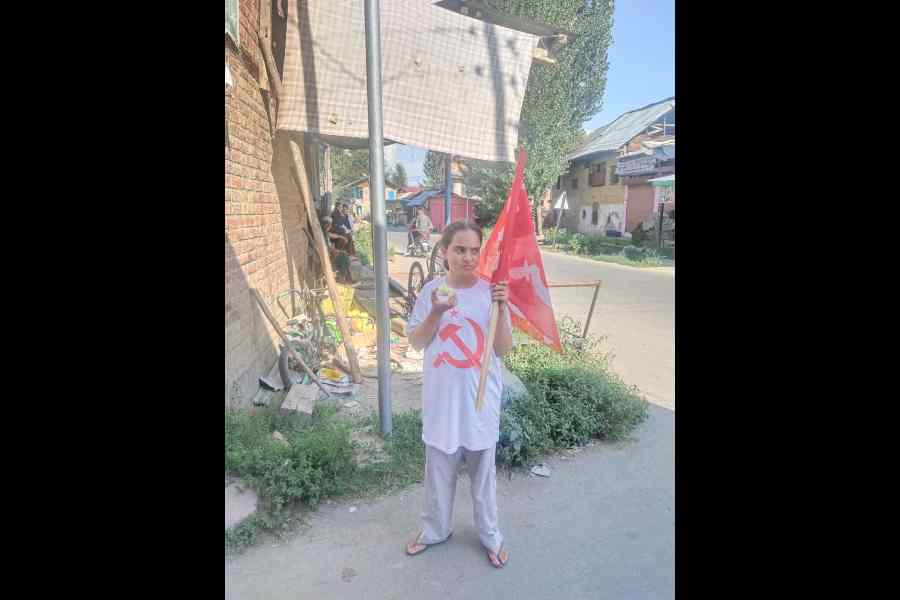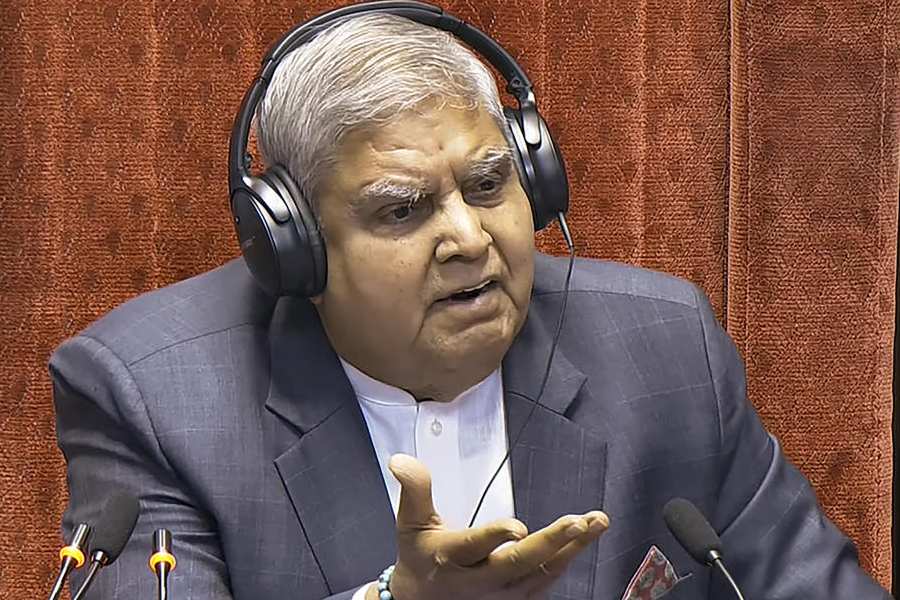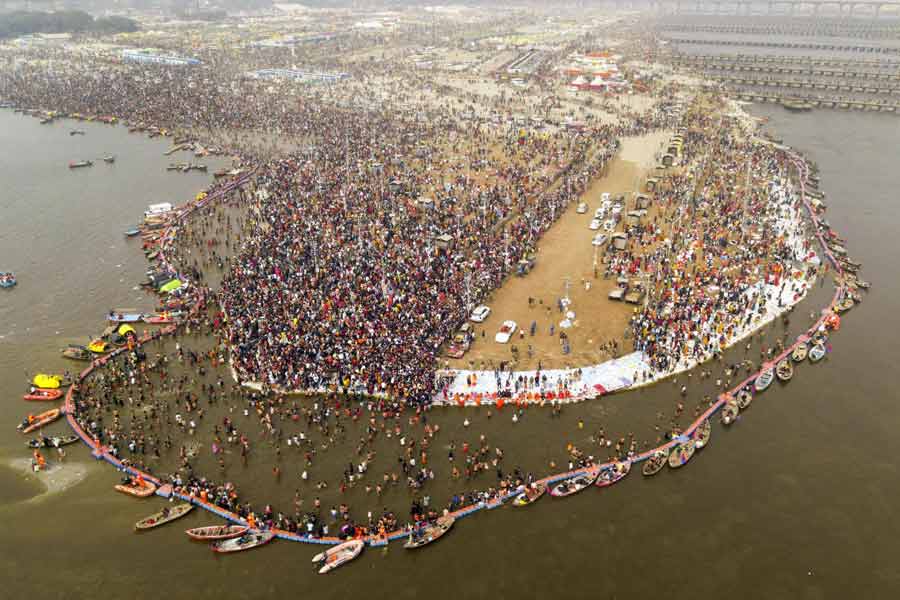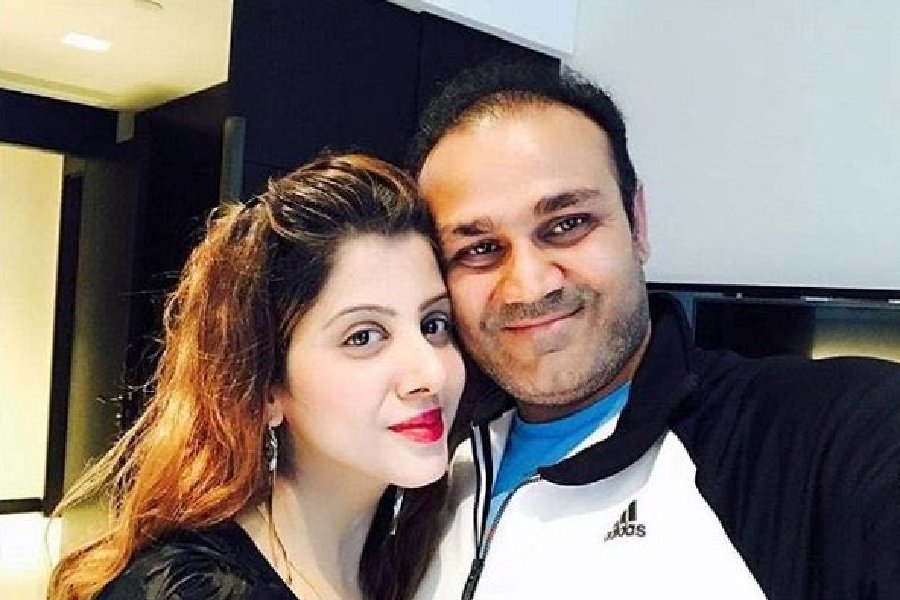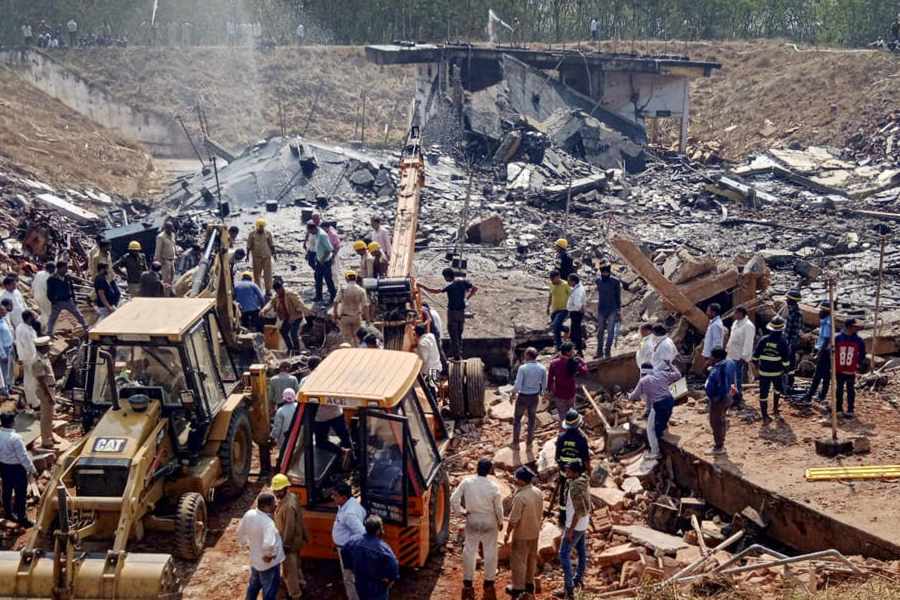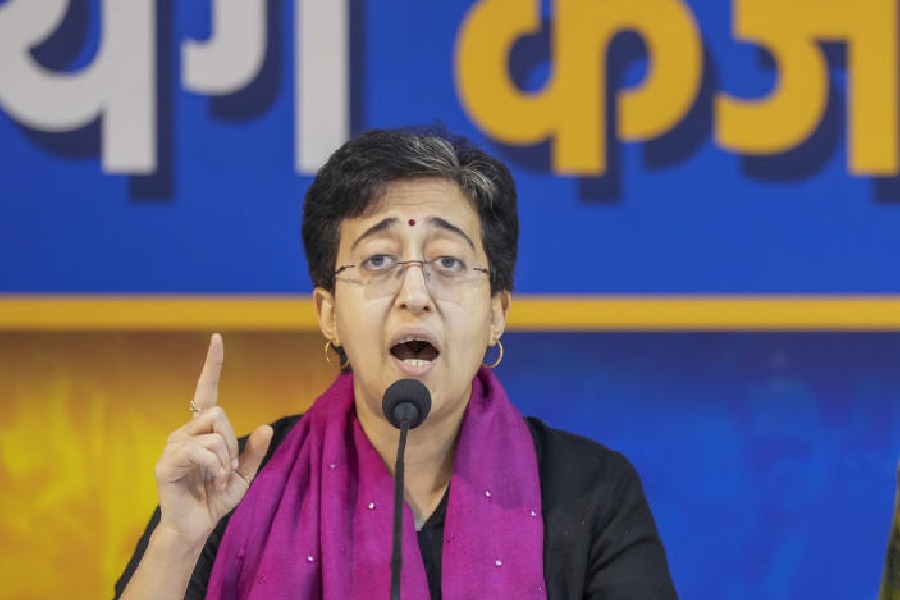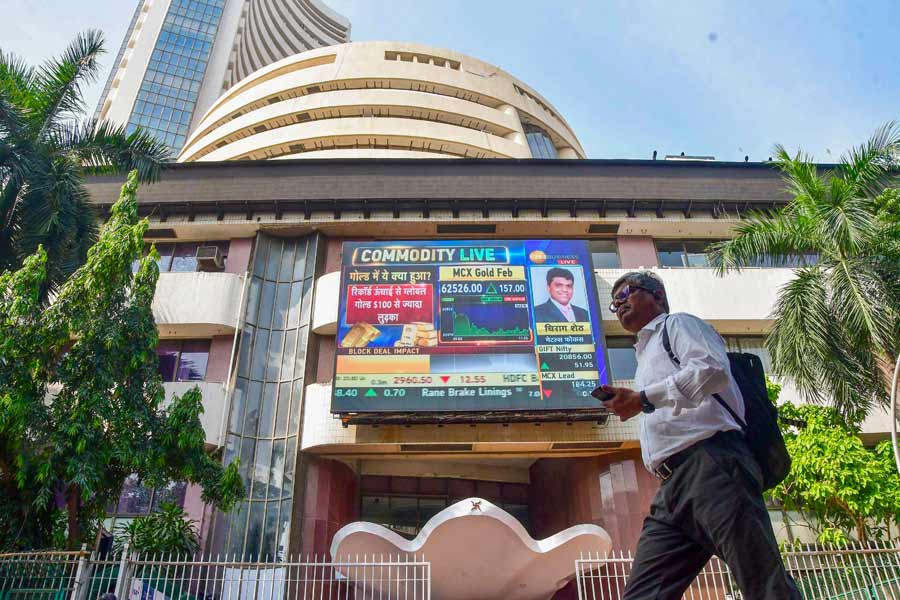Kashmir’s lone communist bastion faces an onslaught from Islamists in a battle billed as one between “the real red and the real green”.
And nowhere is this battle more pronounced than in this sprawling village of Tarigam, 7km north of the Kulgam district headquarters in south Kashmir.
In the fray are CPM veteran Mohammad Yousuf Tarigami and the Jamaat-e-Islami-backed candidate, Sayyar Ahmad Reshi.
The Jamaat, a banned separatist organisation, is informally contesting its first election since the outbreak of militancy in 1989. It has attracted allegations of being a “BJP proxy”, allowed to contest to help queer the pitch for the INDIA bloc of anti-BJP parties.
On Sunday, the Jamaat joined hands with Baramulla MP Sheikh Abdul “Engineer” Rashid’s Awami Ittehad Party, which has been hit by similar allegations. Both outfits deny the accusation.
“The NC’s (National Conference’s) red and the PDP’s green are gone. It’s a direct contest this time between the real red and the real green. It’s going to be a tough fight,” Mohammad Muazzam, a postgraduate student, said at a CPM rally.
The National Conference, whose election symbol of a lone plough against an all-red background reflects its socialist connections, is supporting the CPM. The People’s Democratic Party has a green flag.
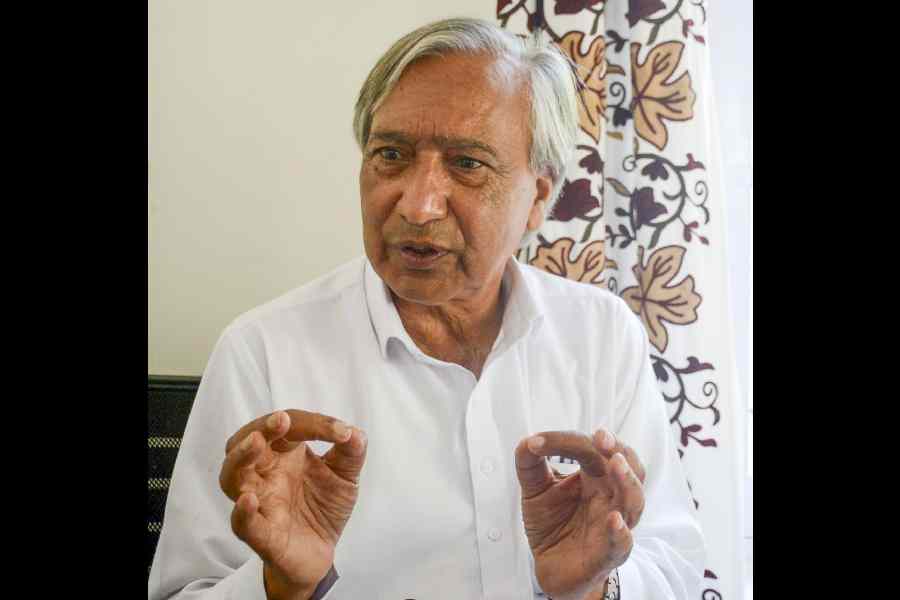
CPI( M) candidate for Kulgam Assembly constituency Muhammad Yousuf Tarigami during his door-to-door election campaign, in Kulgam district of south Kashmir, Monday, Sept. 16, 2024. PTI
Tarigam is home to Tarigami and former Jamaat chief Sheikh Ghulam Hassan, the separatist organisation’s senior-most leader who is now bed-ridden.
Jamaat activists here agonise over the way the village, once their purported bastion and home to about 3,000 voters, had turned into a CPM stronghold over the years.
“Before the militancy, they (the CPM) dared not hold a rally here. But today, two-thirds of this village are their supporters. We left the electoral space open for them and they filled the vacuum,” Jamaat activist Abdul Rahman Rather said.
The Jamaat has been fighting for Kashmiris’ right to self-determination, although it contested elections before 1990 when its members were obliged to swear loyalty to the Indian Constitution.
The group is believed to have initially opposed the militancy but later taken a lead role in it by forming the Hizbul Mujahideen, Kashmir’s oldest surviving militant group, in 1990.
The Assembly constituency of Kulgam had shown its NC loyalties in 1977 and 1983 by electing the party’s Ghulam Nabi Dar both times. But the seat became a Jamaat stronghold in 1987 and went to Abdul Razzak Mir aka Bichroo, candidate for the Muslim United Front (MUF), a grouping that had emerged as a major challenge to the NC-Congress alliance.
The MUF won only four seats but, it is believed, the election was rigged by the NC-Congress at several places.
The Jamaat stayed away from direct elections over the next few decades, with the CPM succeeding in making deep inroads into Kulgam.
Tarigami won from Kulgam in all the four elections held so far following the outbreak of militancy — in 1996, 2002, 2008 and 2014 — a rare feat for a Valley politician.
In the Jamaat’s absence, the Mufti Mohammad Sayeed-led PDP appropriated its green flags and pen-and-inkpot election symbol. The Jamaat, it is believed, had a secret understanding with the PDP, with its supporters voting in large numbers for the party.
It helped the PDP in other places but not in Kulgam, partly because sections of the Jamaat supporters are believed to have boycotted the polls there while the CPM received some “support” from the State.
But the main reason was the large support base Tarigami had built thanks to his development-oriented programmes.
Over the decades, militancy-related violence became a bane for Kulgam’s politicians, in particular, and countless other people.
Former Jamaat MLA Bichroo was allegedly killed by pro-government militants in 1996. Ten years later, Dar, the two-time former National Conference MLA, was killed after militants allegedly lobbed a grenade on a party procession. Four other people too died.
Militants also killed Tarigami’s father-in-law Mohammad Akbar Bhat and nephew Gulzar Ahmad in two separate attacks.
Tarigami on Monday addressed an election rally in slain Jamaat leader Bichroo’s village where he told people not to vote on the basis of faith and not to spoil relations with each other.
“It’s not a question of whether we took bullets from this side or that side. The fact is that all the chests belonged to Kashmiris. You should elect a person who will tell the BJP government to its face what it has done to Kashmiris,” he said.
The CPM veteran, however, told this newspaper that it was a travesty that the Jamaat was contesting polls without apologising for its crimes.
“They are the same people who were boycotting elections, even killing those who participated,” he said.
Jamaat leaders too have addressed big rallies, asking people not to waste their vote but cast it for development and change. Jamaat leaders want the government to lift the ban on the outfit.
Kulgam votes on September 18

